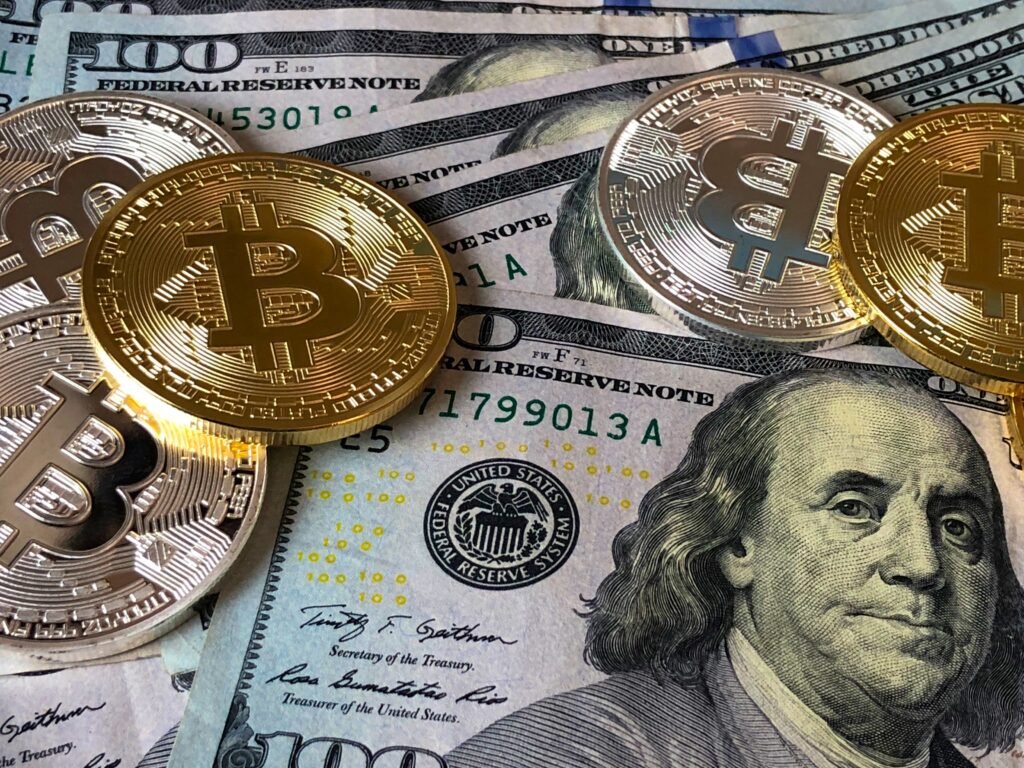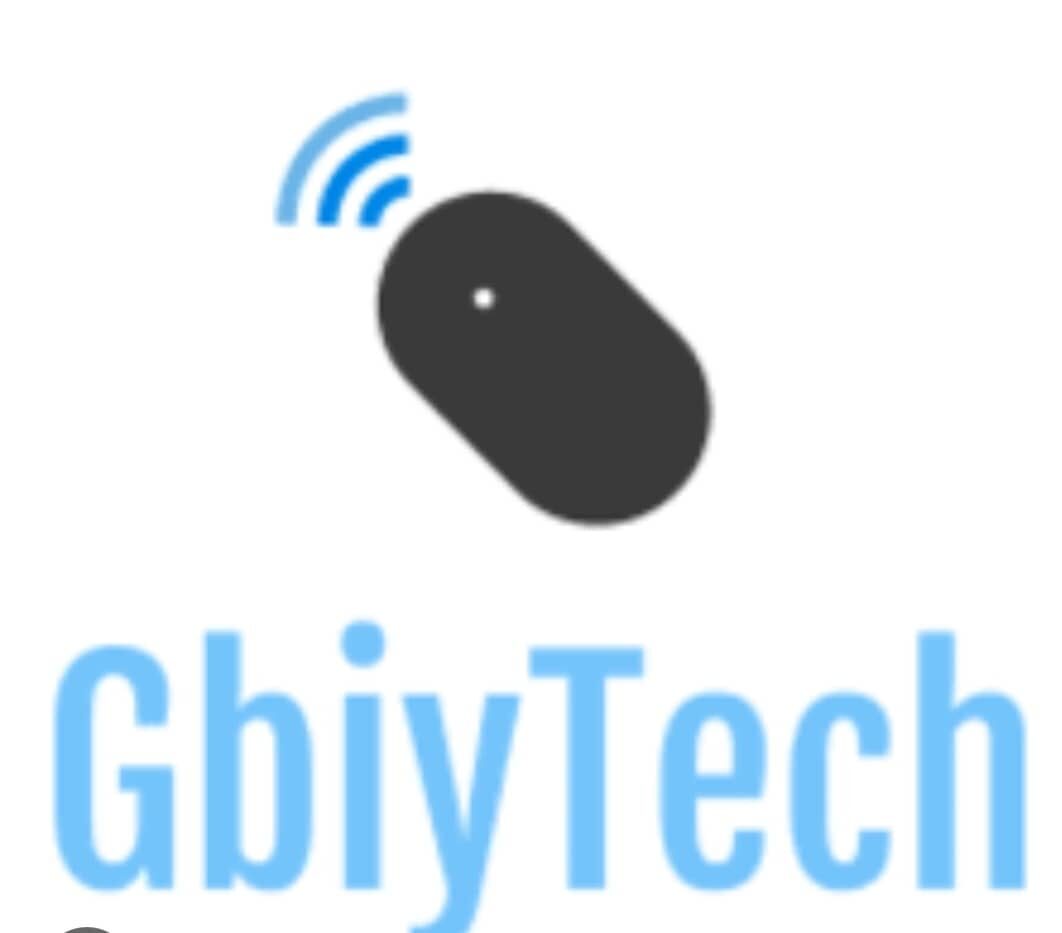
Blockchain technology is rapidly transforming the way we store and share data. Its decentralized, secure, and transparent nature has the potential to revolutionize industries, from finance to healthcare to supply chain management. But beyond its practical applications, blockchain has the potential to build a better world by enabling a more decentralized and equitable future.
One of the key promises of blockchain is its ability to promote decentralization. Traditional systems often rely on centralized authorities or intermediaries to verify and approve transactions. This can lead to a lack of transparency, accountability, and trust. Blockchain, on the other hand, allows for the creation of decentralized networks that are maintained by a distributed network of nodes. This makes it more resistant to tampering and hacking attempts, as there is no central point of failure.
In a decentralized system, power is distributed more equally among participants, which can lead to more equitable outcomes. For example, blockchain can help to promote financial inclusion by enabling peer-to-peer transactions without the need for intermediaries such as banks or payment processors. This can be especially beneficial for people who are underbanked or who live in regions with limited access to financial services.

Another promise of blockchain is its ability to promote transparency. In a traditional system, it can be difficult to trace the origin of goods or to ensure that data has not been tampered with. Blockchain, on the other hand, creates an immutable record of all transactions, which can help to promote trust and accountability. For example, blockchain can be used to create a transparent supply chain where consumers can track the origin of goods, ensuring that they are ethically sourced and produced.
Blockchain can also help to promote privacy by enabling individuals to maintain control over their own data. In a traditional system, data is often owned and controlled by third-party entities such as social media platforms or advertising agencies. With blockchain, individuals can maintain control over their data and decide who has access to it. This can help to promote privacy and prevent the abuse of personal information.
Overall, blockchain has the potential to build a better world by enabling a more decentralized, equitable, and transparent future. By promoting decentralization, transparency, and privacy, blockchain can help to empower individuals and communities and create a more equitable and just society. While there are still many challenges and limitations to overcome, the promise of blockchain is clear, and it will be exciting to see how it continues to evolve and shape our world in the years to come.

